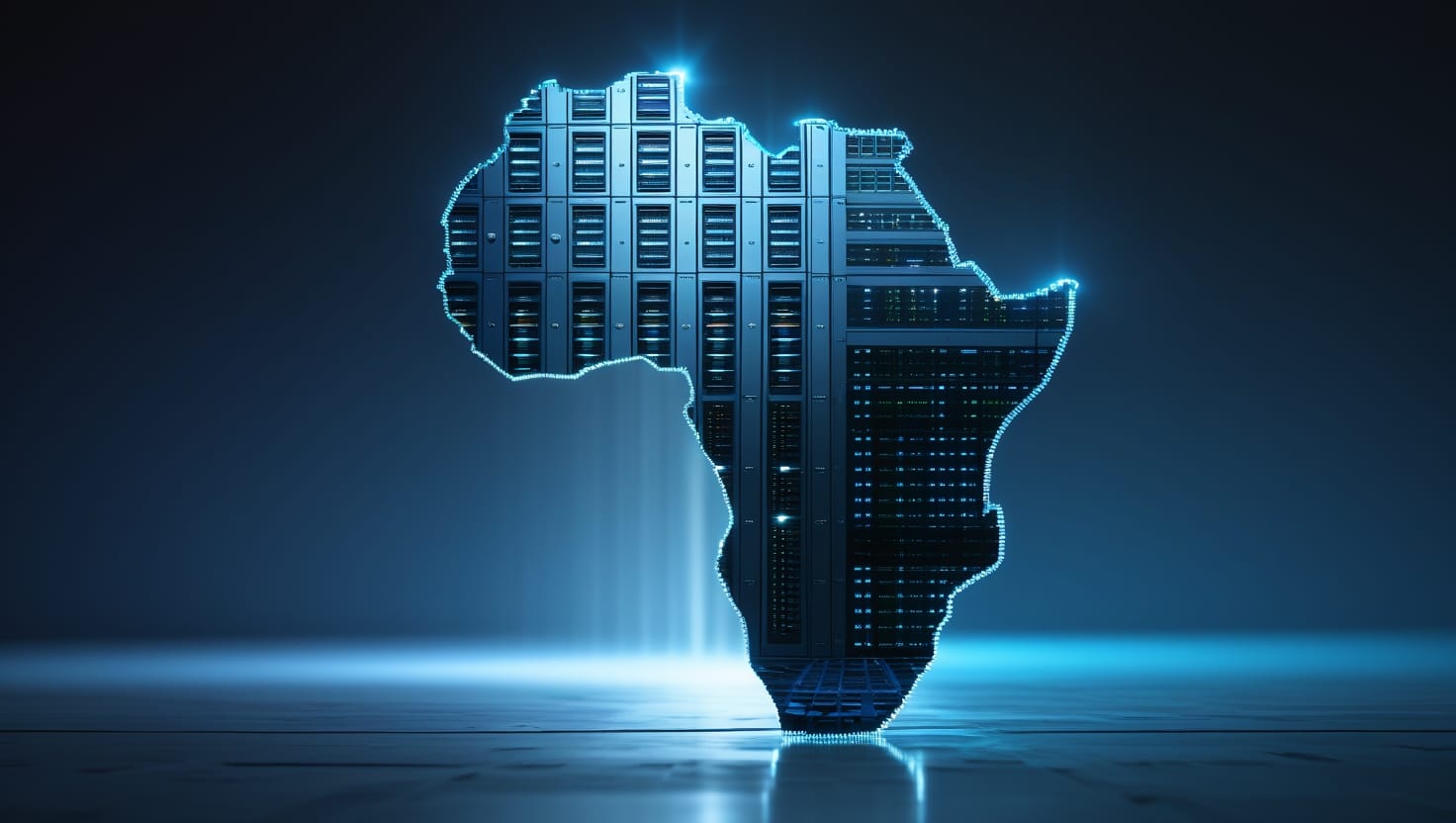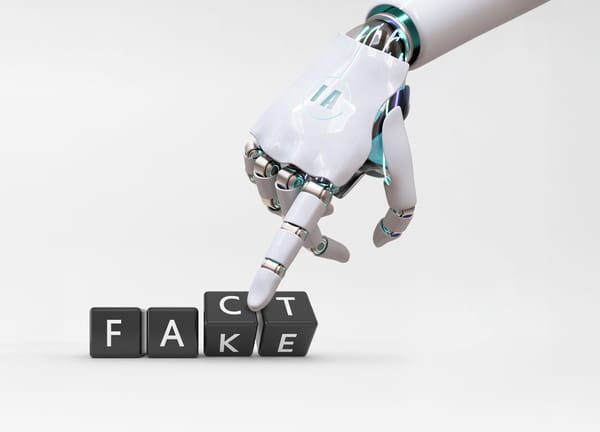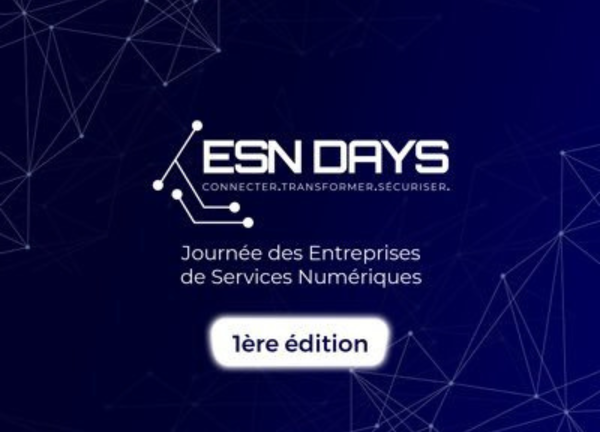Faced with the revolution of artificial intelligence, Africa no longer has the luxury of waiting: it must create its own agents or remain spectator of its digital future.
Artificial intelligence is no longer limited to Chatgpt: it takes shape through AI agents designed for local needs. However, Africa remains on the sidelines, with less than 2 % of content in African languages and only 1 % of IA engineers from the continent. This delay can be filled, provided you act quickly. Creating our own agents means going from the role of consumer to that of actor in our digital future.
VS language models: make the difference
Language models like GPT-4, LLAMA or Claude are powerful text generators: they can understand, translate, summarize or write from a simple request. But these models remain passive. They are waiting for instructions, take no initiative, and their operation remains very general, without taking into account the specific realities of a profession, a sector or a culture.
AI agents are designed to act. They can rely on these models, but exceed them: they connect to tools (emails, databases, WhatsApp ...), perform complex tasks, and can operate independently, even in collaboration with other agents. Their force lies in their specialization: one can create one to manage a customer service, support a medical diagnosis or automate administrative procedures
Above all, AI agents are much more accessible. Unlike language models, which require massive resources to be developed, agents can be created locally, with few means, from open source or No-Code tools. For Africa, it is a strategic opportunity: to transform AI into a concrete tool, anchored in the needs of the field, and carrying digital sovereignty.
A lever for states and businesses
AI agents represent a strategic opportunity to transform Africa from the inside. For states, they can automate administrative management, make public information more accessible thanks to multilingual bots, strengthen transparency by analyzing public procurement and facilitate the monitoring of public policies in real time.
African companies also find a lever to optimize administrative management and customer service, simplify recruitment, automate market analysis and produce large -scale content.
As for the self-employed workers, they can rely on these agents to organize their work, manage their invoicing, create personalized services or even sell their own micro-agents.
Africa must bet on these tools because the major models of AI largely ignore its languages and its realities. Africa is an ELDORADO of AI , a report by the United Nations Economic Commission for Africa, published in 2021, projects that artificial intelligence could stimulate the African economy of $ 1,500 billion (half of the continent's GDP in 2024), if African companies manage to capture 10 % of the world market.
By 2030, AI could transform more than 40 million jobs on the continent according to the African Development Bank, hence the urgency of anticipating.
Developing local agents protects sensitive data and meeting specific needs. Open source plays an essential role: it reduces costs, facilitates adaptation to local contexts and strengthens transparency. Initiatives like Fair Forward encourage access to open data and models, for a more inclusive AI in Africa. Mamadou Idrissa Maïga, ingenier at Afribone explains: “ It is essential for Africa to take full advantage of open source. The language model developed by Meta, for example, is free access. This allows any developer or institution to reuse it to create AI agents adapted to its needs, while hosting data locally. Such an approach guarantees better confidentiality, reinforced digital sovereignty and total control over the use of information. »»
Projects such as Minohealth in Ghana or Allmates in Morocco demonstrate that, thanks to open source tools and adequate training, each African, SME or freelance country can create a useful AI agent. The stake is no longer just technical, it is political and strategic.
Africa has talents, needs and contexts to build its own artificial intelligence. Homemade AI agents are not a technological luxury, but a strategic necessity. They make it possible to respond to our social, economic and educational emergencies, while protecting our languages, our data and our sovereignty. It is no longer a question of following the rhythm of the world, but of tracing our own way, with our tools, our languages and our values.









